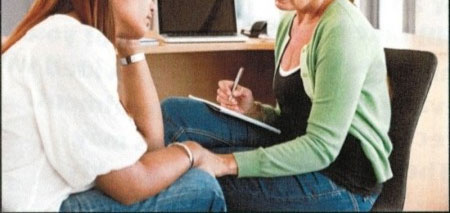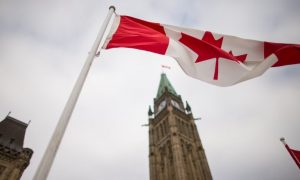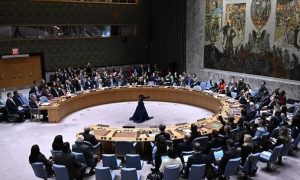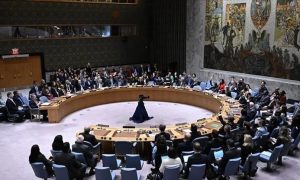
MPRNews | October 1, 2015 | by Laura Yuen | The effects of trauma experienced by Somali refugees and their children in Minnesota can be persistent and debilitating, yet few are getting the help they need.
Saida Abdi, who has been working with refugee youth for 20 years, says to understand why some young people may not be seeking appropriate care, you need to go back one generation.
“If you talk to any parent, they will tell you, ‘The only reason I migrated, I came as a refugee, left everything I know behind … I left to save my children.’ So when they come here and hear something like, ‘Your child has a mental illness,’ they may see that as a great loss.”
Abdi says the parents despair that their children will never be able to find a job or finish school. Abdi, a social worker and researcher at Boston Children’s Hospital, says that’s because there’s a huge misunderstanding in her Somali-American community about mental illness.
“We say in my culture, we have someone who is completely ‘mad’ or ‘crazy,’ or someone who is healthy,” Abdi said. “There’s nothing in between.”
But that “in between” is vast. Part of Abdi’s job has been to explain that someone who has depression or anxiety can be treated with medication and therapy.
Her latest work is a research project that ties into the problem of radicalization among some young Somalis in the Twin Cities. She’s interviewed several hundred Somali youth in Minneapolis, Boston, Toronto and two cities in Maine — Portland and Lewiston. The question she’s trying to answer is what makes some of them vulnerable to violence, whether it’s recruitment for a gang or for a terror group.
What Abdi found was that Somali children are being exposed to all kinds of trauma right here, in the United States.
“If they live in urban, violent areas where there’s a lot of things happening outside,” Abdi said, “parents may not even know of the other struggles that are out there.”
Those struggles can include bullying at school, discrimination by law enforcement, and even losing their friends to gunfights on the street. She says Somali elders and leaders need to stop labeling the kids as lazy.
“We need to hear the pain of those kids. And if we don’t, that is the price we pay.”
Abdi has also devoted much of her research identifying what makes kids protected from violence. She says those findings weren’t suprising: Kids who have strong social bonds to their communities, who are engaged at school, and who believe they can make change peacefully were the most resilient.
More than 200 doctors, social workers, teachers and others will gather Thursday for the first East African Mental Health Conference, hosted by the Somali American Parent Association and sponsored by the Minnesota Department of Health. Abdi is the keynote speaker.
The conference will offer some suggestions for how health professionals and social workers can best serve the East African community. Abdi says translating Western practices to other cultures isn’t always effective.
“In social work school they teach us to ‘reflect back’ to the patient,” Abdi said. “If a patient says, ‘I’m angry at my son because he comes home late’ the therapist may say, ‘It sounds like you’re saying…’ And in my culture, patients are like, ‘Why are you telling me what I just said to you? I know what I said to you.'”
But the challenge for health professionals often begins with identifying who might need help.
Sahra Noor, CEO of the People’s Center Health Services in Minneapolis, is a Somali-American herself and says someone in her community who is suffering from depression may not express it that way.
“A lot of times, the community doesn’t see mental illness as much as it sees symptoms,” Noor said. “If you ask people how you feel, they may say, ‘I’m not sleeping well, I’m always worried, I feel lonely, I feel stressed, I feel isolated.’ But they don’t really connect those dots and say, ‘This is something I need to see a doctor for.'”
Noor says many refugees think these feelings are just part of the acculturation process. It’s the job of others to convince them that they don’t have to suffer.
,
.
.
___________________________
_____________________________________________________________________________________
Xafiiska Wararka Qaranimo Online | Mogadishu, Somalia
_____________________________________________________________________________________Advertisement
_____________________________________________________________________________________







